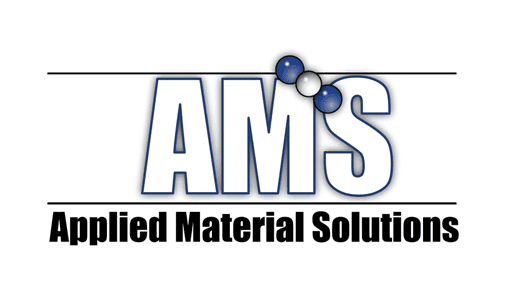Kraft mills, sulfite mills, recycling mills, and other pulping operations produce byproducts that result in foaming. Foam causes inefficient washing, increased bleaching costs, slower production rates, lower product quality, and maintenance issues. AMS manufactures an array of pulp and paper defoamers ranging from silicone antifoams for pulp mills to water-based defoamers for paper machines.
Learn MoreAir entrapment and foaming are common in water treatment applications. Without using defoamers or antifoams in water treatment, processes can slow or stop when water is not allowed to pass through filtration systems.
Learn MoreMixing and grinding during the production or filling of paints, inks, coatings, and adhesives create foam. Defoamers for paints, inks, coatings, and adhesives mitigate the impacts on production time and output that result from the formation of bubbles.
Learn MoreIn water treatment, both mechanical agitation and chemical reactions produce foam, which can inhibit the purification process. Both defoamers and antifoams reduce the formation and eliminate any instances of foam.
When rainwater filters through landfill waste, it creates leachate. The biochemical reactions from the filling and sticking process result in a tremendous amount of foam. The leachate cannot be emitted into water treatment channels without defoaming agents that allow the fluid to pass through membrane filters.
Defoamers for ethanol production are primarily used during the wet milling process. In wet milling, grain soaks in a slurry before being ground and separated. Both defoamers and antifoams are critical to the wet milling process. The bubbles that form during fermentation take up volume in the vessel for the ethanol, and can even cause displacement and product loss.
Learn MoreMetalworking fluids cool and lubricate metals during fabrication. Defoamers ensure that the fluids remain stable and effective.
The chemical industry is continuously innovating and creating sustainable products that use less essential resources, like energy and water, while complying with increased environmental and safety regulations. Defoamers and antifoams play an important role in chemical manufacturing. They control and regulate foam in many processes, including distillation, synthesis, transfer, and filtration, and are designed to be efficient in high-acid or alkaline environments.
Foam often develops as part of poultry and meat processing, dairy and beverage production, and produce washing, as well as during grain processing and fermentation. Defoamers and antifoams for food processing and agribusiness applications can help mitigate and protect against excessive foam. This ensures product quality while optimizing process efficiency.
Learn More



